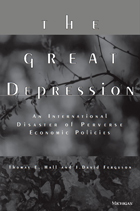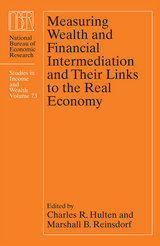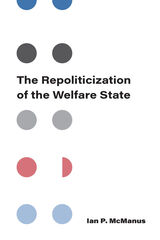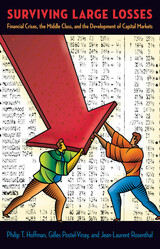The Crisis of Neoliberalism
Harvard University Press, 2013
Paper: 978-0-674-07224-4 | Cloth: 978-0-674-04988-8 | eISBN: 978-0-674-05930-6
Library of Congress Classification HB3717 2008.D86 2010
Dewey Decimal Classification 330.973
Paper: 978-0-674-07224-4 | Cloth: 978-0-674-04988-8 | eISBN: 978-0-674-05930-6
Library of Congress Classification HB3717 2008.D86 2010
Dewey Decimal Classification 330.973
ABOUT THIS BOOK | REVIEWS | TOC
ABOUT THIS BOOK
This book examines “the great contraction” of 2007–2010 within the context of the neoliberal globalization that began in the early 1980s. This new phase of capitalism greatly enriched the top 5 percent of Americans, including capitalists and financial managers, but at a significant cost to the country as a whole. Declining domestic investment in manufacturing, unsustainable household debt, rising dependence on imports and financing, and the growth of a fragile and unwieldy global financial structure threaten the strength of the dollar. Unless these trends are reversed, the authors predict, the U.S. economy will face sharp decline.Summarizing a large amount of troubling data, the authors show that manufacturing has declined from 40 percent of GDP to under 10 percent in thirty years. Since consumption drives the American economy and since manufactured goods comprise the largest share of consumer purchases, clearly we will not be able to sustain the accumulating trade deficits.Rather than blame individuals, such as Greenspan or Bernanke, the authors focus on larger forces. Repairing the breach in our economy will require limits on free trade and the free international movement of capital; policies aimed at improving education, research, and infrastructure; reindustrialization; and the taxation of higher incomes.
See other books on: Crisis | Economic Conditions | Finance | Government & Business | Neoliberalism
See other titles from Harvard University Press


























